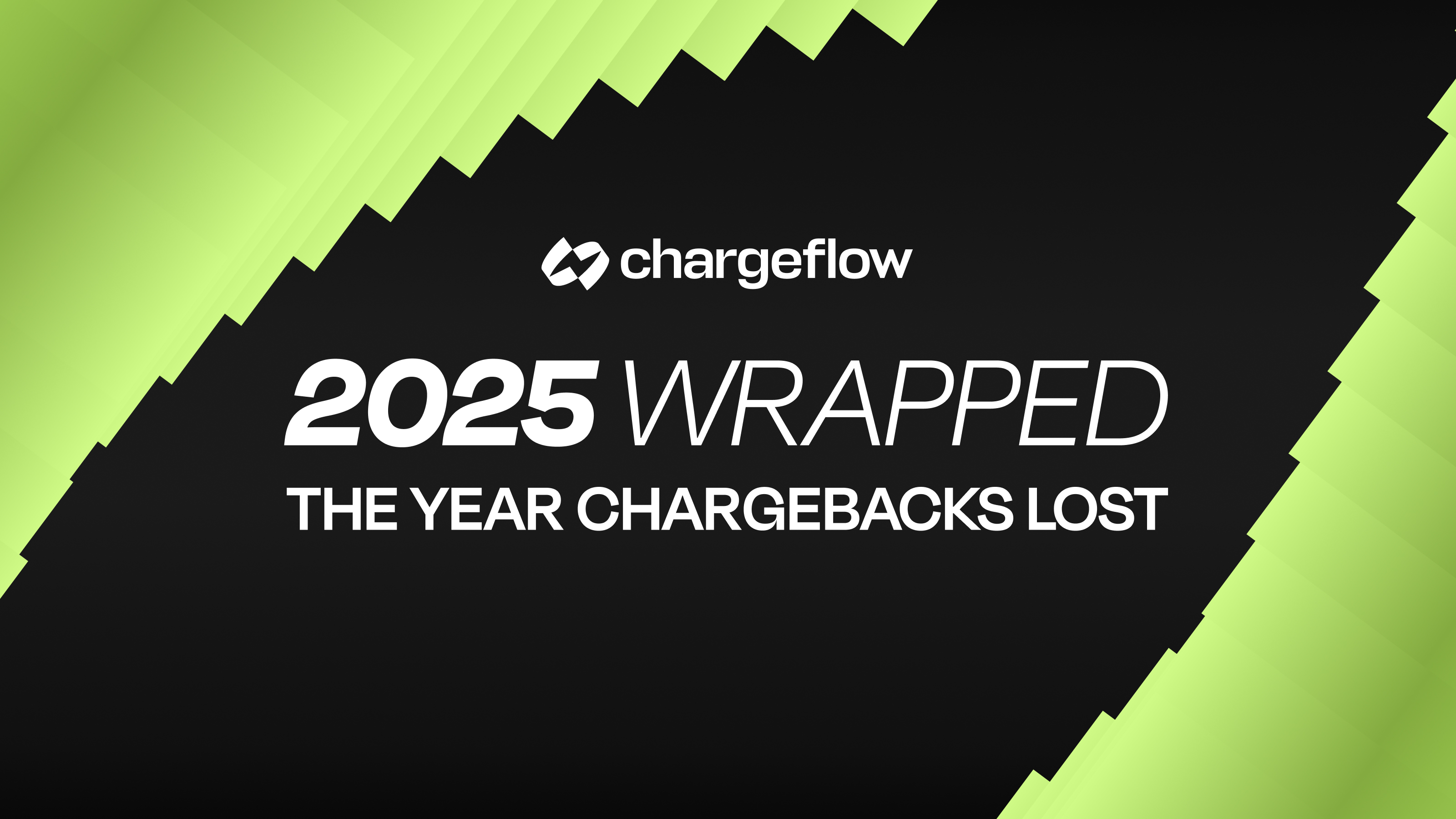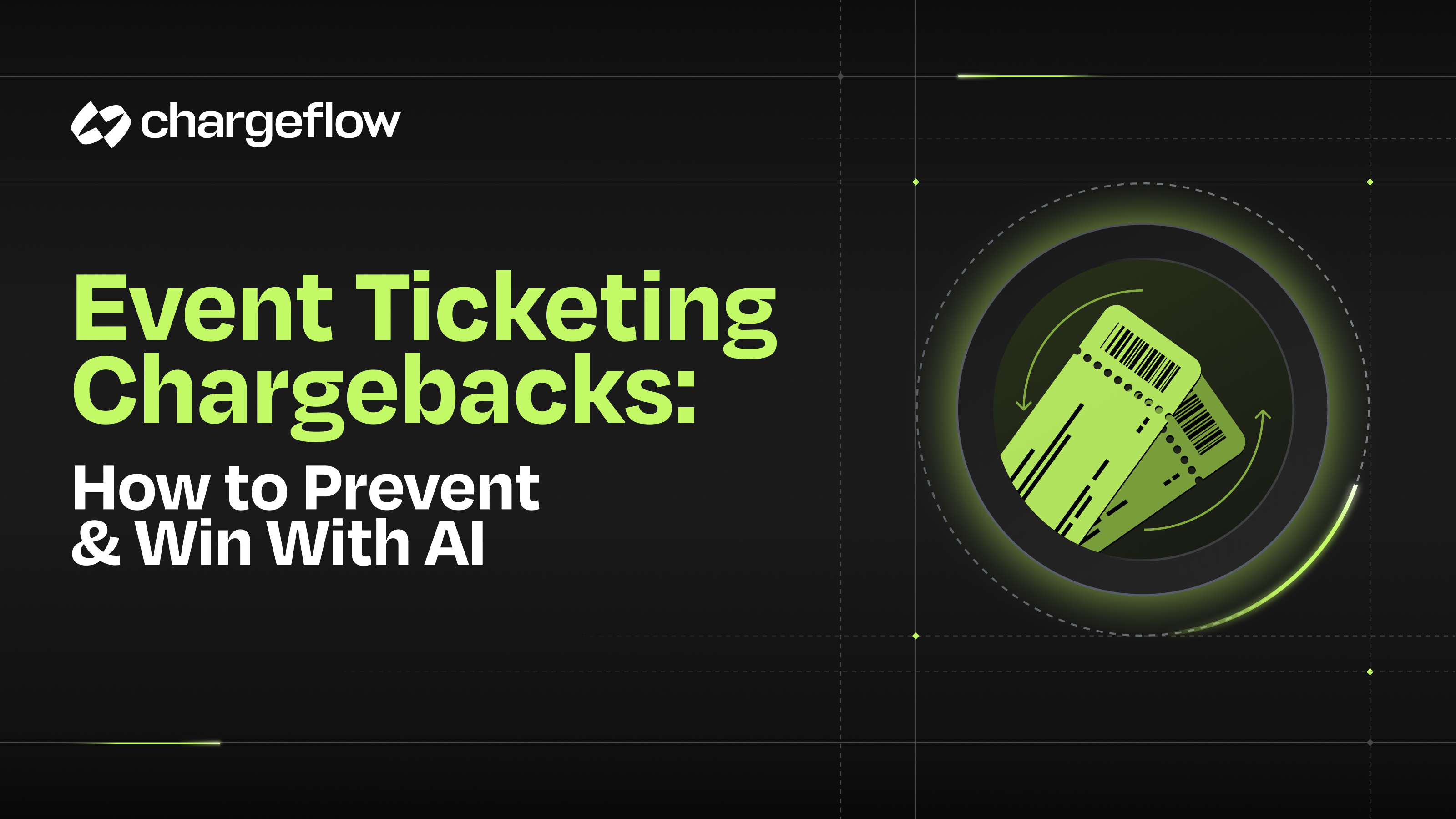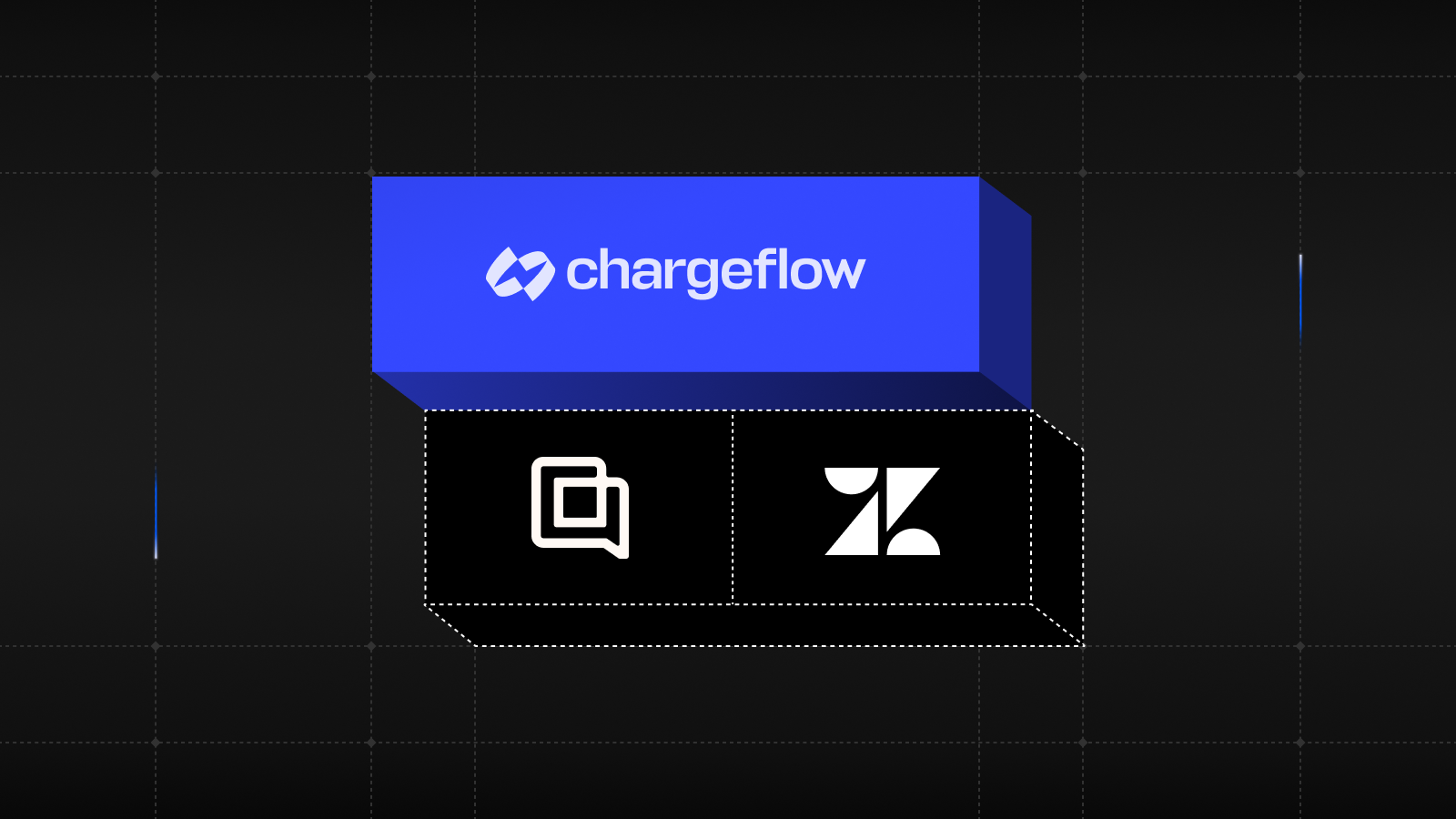Retrieval Request vs Chargeback: Difference Between the Two

Chargebacks?
No longer your problem.
Recover 4x more chargebacks and prevent up to 90% of incoming ones, powered by AI and a global network of 15,000 merchants.
Retrieval Request vs Chargeback: Discover the dissimilarities between these two payment dispute procedures to prevent unnecessary losses.
As an online store owner, it's important to understand the differences between retrieval requests and chargebacks—two similar yet very different processes. Both are forms of customer disputes through a payment processor’s dispute resolution system, but they have key distinctions that can determine what you can do to resolve them and the outcome for your business.
Keep reading to discover more about retrieval request vs chargeback; we'll cover the steps required for each type of dispute as well as their effects on merchants' revenue streams in order to help you prepare for both eventualities.
Retrieval Request
A Retrieval Request is a payment industry term used when a customer's credit or debit card issuer requests additional information regarding a card-not-present transaction. This means that the issuing bank is requesting more details, such as a copy of the invoice/receipt and a description of the goods/services purchased. The reasons why this request might be initiated can vary from cardholder fraud suspicion to inaccurate transaction entry by the merchant.
When issuing banks initiate retrieval requests, the process typically consists of merchants responding with whatever information is requested in order to provide evidence that the sale was legitimate and without Fraud.
Delays in response may result in payment settlement delays, dispute management fees, or service charges applied to any given transaction. Therefore, it’s important for merchants to ensure customer data accuracy and maintain good records by keeping detailed purchase information on file.
By utilizing fraud management services, creating data-rich invoices/receipts and actively monitoring chargeback activity, merchants can go a long way toward preventing retrieval requests in their future transactions.
Chargeback
A chargeback is a transaction reversal initiated by a cardholder, card issuer, or payment processor—typically as the result of a dispute over the quality, timeliness, or delivery of goods and services. Common complaints that can lead to chargebacks include duplicate transactions, unsatisfactory product or service quality, non-fulfillment of promised refunds or returns, unauthorized access to accounts, and miscommunication in merchant advertising.
The process begins when the cardholder contacts their bank in order to file a chargeback request. If the claim is valid, the issuing bank will open an investigation and further contact the merchant requesting evidence that proves that they have fulfilled their obligations towards the customer. Merchants can own up to their part in any issues and try to resolve them amicably as much as possible.
For merchants who want to prevent chargebacks from occurring in the future, a few practices that could be implemented include promptly resolving customer queries/complaints via email or telephone support; ensuring clear product descriptions on all channels; manning outbound fraud detection systems; making sure that refunds are issued for invalid orders quickly and proactively solving conflicts before there is escalation.
Differences Between Retrieval Request and Chargeback
Retrieval requests and chargebacks are two important processes in the payment industry that can have different implications for both merchants and cardholders. Here are some of the main differences between these two processes and how they can impact merchants and cardholders:
Main Differences between Retrieval Requests and Chargebacks
Retrieval requests and chargebacks are both initiated by cardholders or their issuing banks, but they serve different purposes:
- Retrieval requests are requests for information about a particular transaction. They are often made when a cardholder does not recognize a charge on their statement or wants more details about a transaction. Retrieval requests do not result in any financial loss for merchants, but failure to respond to a retrieval request can lead to a chargeback.
- Chargebacks, on the other hand, occur when a cardholder disputes a transaction with their bank and asks for a refund. Chargebacks can happen for various reasons, such as fraud, goods or services not delivered as expected, or billing errors. When a chargeback is issued, the funds are taken out of the merchant's account and refunded to the cardholder.
How do They Impact Merchants and Cardholders Differently?
Retrieval requests and chargebacks can have different impacts on merchants and cardholders:
- Retrieval requests can be a nuisance for merchants, but they do not result in any financial loss. However, failure to respond to a retrieval request can lead to a chargeback, which can result in financial loss.
- Chargebacks can have a significant financial impact on merchants, as they can result in the loss of the transaction amount, as well as additional chargeback fees and penalties. Chargebacks can also negatively impact a merchant's reputation and ability to accept payments in the future. For cardholders, chargebacks can provide a way to dispute unauthorized or fraudulent transactions and get their money back.
How do they Affect a Merchant's Chargeback Ratio?
Retrieval requests do not impact a merchant's chargeback ratio directly, but failure to respond to a retrieval request can result in a chargeback, which can increase the merchant's chargeback ratio. Therefore, it's important for merchants to respond to retrieval requests promptly and provide all the necessary information to avoid chargebacks and maintain a low chargeback ratio.
Final Thoughts
The debate between retrieval request and chargeback can be confusing without a full understanding of the difference between the two. Although both claims to help customers protect their rights as cardholders, they have very different intentions and should not be used or applied interchangeably.
Thankfully, you don’t need to understand all the nuances of each option; by working with an automated dispute resolution system like the one offered by Chargeflow, small businesses can quickly access powerful tools to manage and prevent disputes. With rapid turnaround time and real-time reporting made available at reasonable prices, Chargeflow has streamlined the dispute process for merchants using their autopilot solutions.
Say goodbye to tedious, manual retrieval requests and take control of your chargeback operations with Chargeflow automated dispute resolution platform. In short, prevention is better than cure when it comes to payment disputes; so why wait? Get ahead of chargebacks today and prevent them from happening in the first place with Chargeflow sophisticated solutions!

Chargebacks?
No longer your problem.
Recover 4x more chargebacks and prevent up to 90% of incoming ones, powered by AI and a global network of 15,000 merchants.
















































.png)








